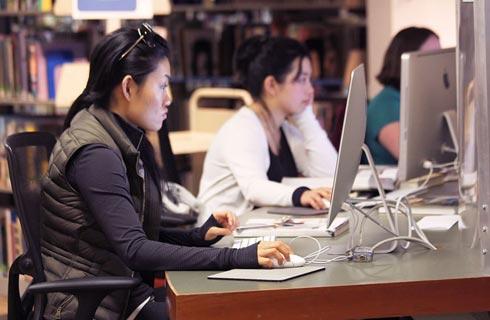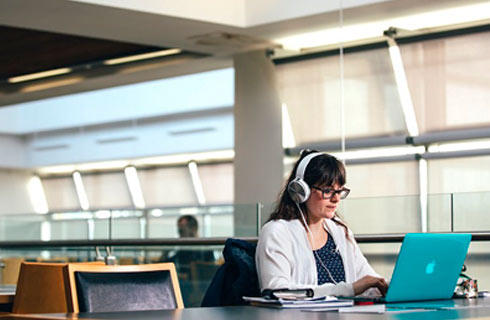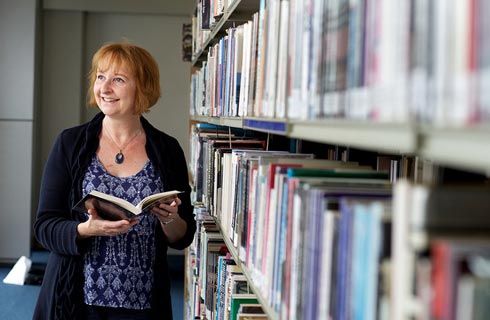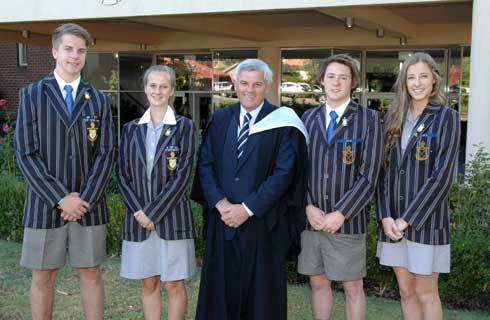传播学学士-媒体研究
Bachelor of Communication - Media Studies

学历文凭
Bachelor Degree

专业院系
Wellington Faculty of Humanities and Social Sciences

开学时间

课程时长

课程学费

国际学生入学条件
Achieve the International Baccalaureate Diploma, or three GCE Advanced Level passes at C grade, or equivalent.
English language requirements
To be accepted into this programme you will need one of the following:
IELTS: minimum overall score of 6.0 with no sub-score below 5.5
TOEFL: minimum overall score of 80 (internet-based test)
Pearson Test of English: minimum score of 50 (with a 'Communicative score' of not less than 42)
EPP: minimum final scores of 4,4,4,3
IDP—雅思考试联合主办方

雅思考试总分
6.0
- 雅思总分:6
- 托福网考总分:80
- 托福笔试总分:160
- 其他语言考试:Pearson Test of English: minimum score of 50 (with a 'Communicative score' of not less than 42)
CRICOS代码: VI003Y
申请截止日期: 请与IDP联系 以获取详细信息。
课程简介
In our media-saturated society, clear, persuasive, and imaginative communication is more important than ever. With the three-year Bachelor of Communication (BC), you’ll build the communication skills and knowledge you need for your future career. Develop your knowledge of communication and explore your own passions and interests through the BC’s distinctive three-pillar structure.Anchor your learning in core courses designed with the input of the communications industry. Build your understanding of the theory behind communication practice, and get a solid grounding in contemporary approaches.Major in the area that best appeals to your interests. Choose from Marketing Communication, Media Studies, Intercultural Communication, Science Communication, Literary and Creative Communication, Linguistics and Political Communication. We’re the only university where you can major in Science Communication, and Literary and Creative Communication.Media is increasingly intertwined in our lives. New internet technologies mean we can access media at any time and in any place—from television programmes to radio shows, news, music, blogs, consumer information and film. Examine how media and society influence each other and investigate how changing technologies have impacted the way we interact. Explore the world of popular culture and visual culture. Look at the relationship between the media and politics, and the role of media in New Zealand.
相关申请
 预科
预科 奖学金
奖学金 实习机会
实习机会 在校学习
在校学习 跨境学习
跨境学习 校园授课-线上开始
校园授课-线上开始 在线/远程学习
在线/远程学习
开学时间&学费
学费信息仅供参考,请与IDP联系以获取详细信息
| 开学时间 | 时长 | 学费 | 地点 |
|---|
学校排名

世界排名501
数据源:
泰晤士高等教育世界大学排名
关于维多利亚惠林顿大学

惠灵顿维多利亚大学,全称Te Herenga Waka,位于新西兰首都的中心地带,是一个政治、创意和创新中心。该大学的中心位置使学生能够接触到商业、政府、政治、文化和遗产、艺术和电影制作业以及科技界等领域的各种国家组织。惠灵顿是一个紧凑的城市,学生可以轻松探索观景小径、海滩、画廊、博物馆和活动。它是一个多元文化的城市,28%的人口出生在海外,安全、友好,以美味的食物和咖啡而闻名,经常被评为世界上最宜居的城市之一。优质的教育惠灵顿维多利亚大学在全球主要排名中一直名列前茅。根据QS Stars卓越评级,这是仅有的23所获得完整''5星+''评级的机构之一,该评级建立在从就业到全球参与、教学、设施、艺术等所有八个类别的5星评级之上。惠灵顿维多利亚大学在以下学科领域进行教学和研究:建筑与设计创新、商业与政府、教育、工程、健康、人文社会科学、法律和科学。该大学拥有40多个研究中心和研究所,包括南极研究中心和数据科学与人工智能中心。热情的社区惠灵顿大学和惠灵顿市拥有一个多元化的社区,欢迎来自120多个国家的国际学生,并通过一系列的福利和学习服务为学生提供全面的支持。这里有130多个俱乐部、社团和体育活动可供探索,而免费的Kitea Impact Program(领导力课程)等课外课程则支持学生培养个人的全球公民技能。
本校相关课程
其他相关课程

传播学学士(新闻学)
 悉尼科技大学
悉尼科技大学学历文凭
Bachelor Degree
开学日期
课程费用总额


数字媒体与传播学士学位
 威斯敏斯特大学
威斯敏斯特大学学历文凭
Bachelor Degree with Honours
开学日期
课程费用总额


MA Digital Media and Society
 卡迪夫大学
卡迪夫大学泰晤士高等教育世界大学排名:204
学历文凭
Masters Degree (Taught)
开学日期
课程费用总额


电影,电视和广播文学(荣誉)文学士学位(基础入学)
 中央兰开夏大学
中央兰开夏大学学历文凭
Bachelor Degree with Honours
开学日期
课程费用总额


新闻,媒体和英语文学(荣誉)文学士学位
 卡迪夫大学
卡迪夫大学泰晤士高等教育世界大学排名:204
学历文凭
Bachelor Degree with Honours
开学日期
课程费用总额


新闻学学士-国际研究学士
 伍伦贡大学
伍伦贡大学泰晤士高等教育世界大学排名:247
学历文凭
Dual Degree
开学日期
课程费用总额










 新西兰
新西兰





